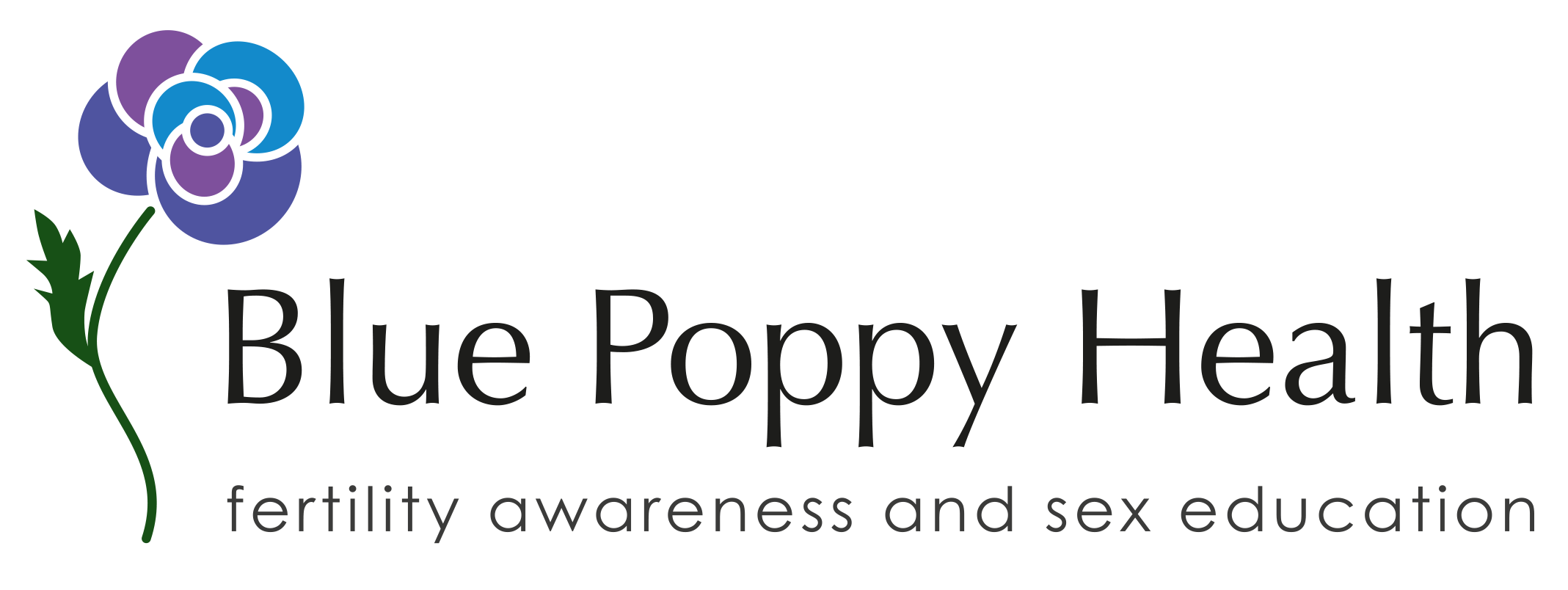 People often ask me, what’s the best birth control? Do you think I’m going to say the fertility awareness method? Actually no, it’s not the fertility awareness method. But it might be!
People often ask me, what’s the best birth control? Do you think I’m going to say the fertility awareness method? Actually no, it’s not the fertility awareness method. But it might be!
The answer people usually expect is the one with the lowest chance of pregnancy happening, but something that’s often forgotten is that the chance of getting pregnant is just one factor of many that couples take into consideration when choosing a method.
The fact is, the best birth control is the one that works best for that couple in their unique life circumstances, and that will be different for everyone.
[ctt title=”The best birth control is the one that works best for the couple, and that\’s different for everyone.” tweet=”The best #birthcontrol is the one that works best for the couple, and that’s different for everyone. #informedconsent @BluePoppyHealth ” coverup=”Vn5Mc”]
For some, avoiding pregnancy is absolutely their highest priority. But for others, factors like avoiding side effects, spontaneity, long-term use, how long it takes to return to fertility, easy of remembering it, how it feels in their body, cost, access, allergies, environmental impact, transmission of sexually transmitted infections, and more will come into play.
Yes, I definitely think the fertility awareness method is amazing and fabulous (and it’s as effective as the pill!), but it’s not for everyone. I also think that people need to be empowered to make informed choices about their birth control, and that health professionals should give couples all the information about all the different methods, and help their patients decide what works best for them.
The trouble is that most physicians focus on the chance of human error, and it’s easy for them to give out hormonal contraception because it doesn’t take much time or training. But this is really a disservice for everyone, when side effects may not be fully discussed and truly informed choices might not be happening.
This is why I’m so excited about the organization FACTS (Fertility Appreciation Collaborative to Teach the Science) whose main goal is to educate health care providers (mostly doctors) about fertility awareness methods. I will be training with them in the next year so I can get out and start teaching doctors about fertility awareness methods.
Again, the best birth control is different for everyone! I love fertility awareness, but I know it won’t suit all couples. I also know the more people are aware of their options the better and more empowered choices they can make, and that’s definitely good for our health and good for our relationships.
Want to learn more about fertility awareness? Not sure if it’s for you? Contact me and we can discuss your options.
